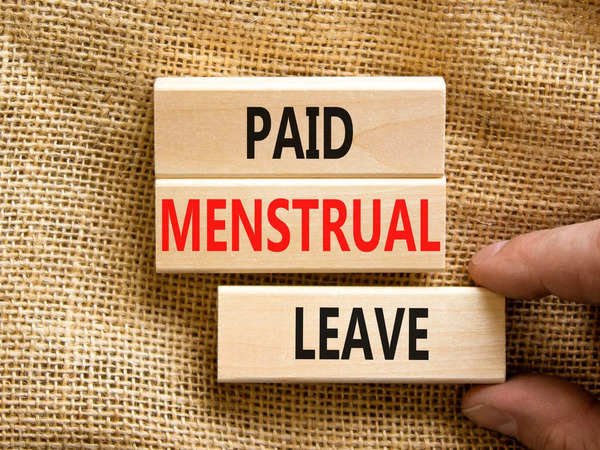Spanish MPs have voted to provide paid medical leave to women suffering from severe period pain and to allow anyone 16 and over to change the gender on their ID card with a simple procedure.
This makes them the first European country to advance such legislation.
While similar laws in other countries have prompted disagreement over the difficulties of the problem, lawmakers also approved a law allowing anybody 16 and over to change the gender on their ID card. Spain is now one of the few countries that permits people to change their gender on their national identity card with just a simple declaration according to a bill that was approved with 191 votes in favor, 60 votes against, and 91 abstentions.
Denmark was the first nation in Europe to establish such a right in 2014. Adults in Spain had to present a doctor’s note attesting to their gender dysphoria and documentation of two years of hormone therapy in order to request the change up until this point. Minors required judicial approval.
The new law drops all such requirements, with those aged 14 and 15 allowed to apply if their parents or legal guardians agree. Those aged 12 and 13 will also require a judge’s permission to make the move.
The menstrual leave law, which passed by 185 votes in favour to 154 against, is aimed at breaking a taboo on the subject, the government has said.
Menstrual leave is currently offered only in a small number of countries across the globe, among them Japan, Indonesia and Zambia. “It is a historic day for feminist progress,” Equality Minister Irene Montero tweeted ahead of the vote.
The legislation entitles workers experiencing period pain to as much time off as they need, with the state social security system – not employers – picking up the tab for the sick leave. As with paid leave for other health reasons, a doctor must approve the temporary medical incapacity.
The length of sick leave that doctors will be able to grant to women suffering from painful periods has not been specified in the law. About a third of women who menstruate suffer from severe pain, according to the Spanish Gynaecology and Obstetrics Society.
Newsletter LE MONDE IN ENGLISH Every morning, a selection of articles from Le Monde In English straight to your inbox Sign up
The measure has created divisions among both politicians and unions, with the UGT, one of Spain’s largest trade unions, warning it could stigmatise women in the workplace and favour the recruitment of men.
The main opposition conservative Popular Party (PP) also warned the law risks “stigmatising” women and could have “negative consequences in the labour market” for them. “Menstrual leave” is one of the key measures in the broader legislation, which also provides for increased access to abortion in public hospitals. Less than 15% of abortions performed in the country take place in such institutions, mainly because of conscientious objections by doctors.
The new law also allows minors to have abortions without parental permission at 16 and 17 years of age, reversing a requirement introduced by a previous conservative government in 2015.
We are interested in your experience using the site.Send feedback
Spain, a European leader in women’s rights, decriminalised abortion in 1985, and in 2010, it passed a law that allows women to opt freely for abortion during the first 14 weeks of pregnancy in most cases.

